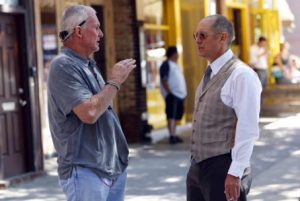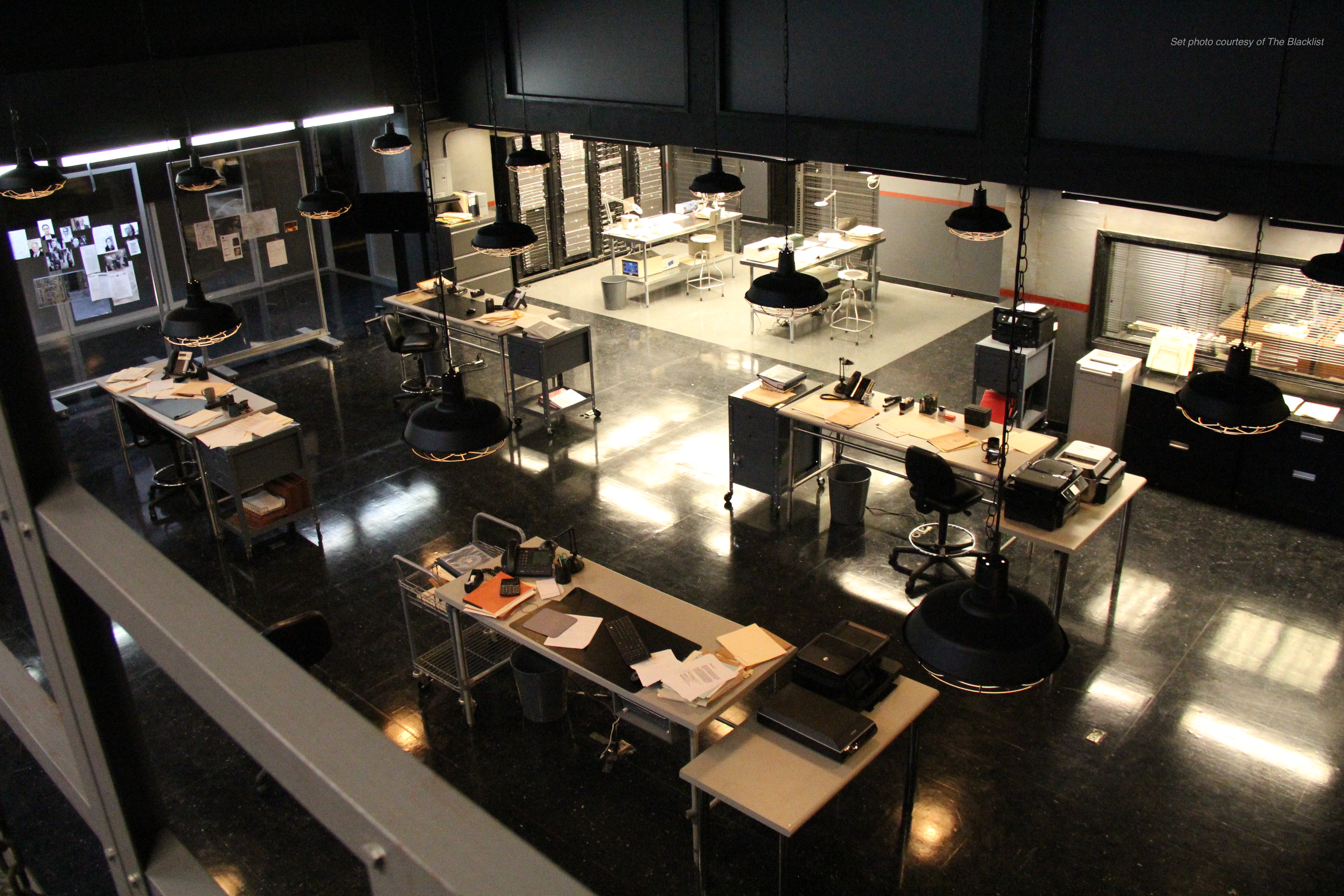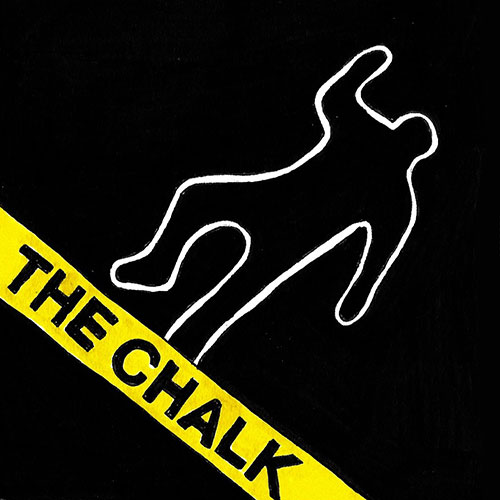Q&A With ‘The Blacklist’ Director Michael Watkins
By Taylor Friedman
On James Spader, real crime and what it’s like handing an 11-year-old a gun.
If you haven’t been spending your Thursday nights watching new episodes of NBC’s The Blacklist, you’re missing out on a binge-worthy, suspenseful, thrilling, action-packed crime drama. James Spader plays Raymond “Red” Reddington, a clever and ingenious terrorist at the top of FBI’s Most Wanted Fugitives list. Red turns himself in and gains asylum in exchange for helping officials track down his former peers, the world’s most dangerous criminals.
Without a doubt, anyone watching this episode is disturbed by the revolting plotline; but then viewers can relax after remembering that the show is fictitious. But what is it that makes this show so believable? Why are viewers able to immerse themselves so easily into this plotline? Certainly, a majority of the viewers can’t relate to the portrayal of the most horrifying evil terrorists. The Chalk sat down with The Blacklist Director, Michael Watkins to find out how he works to makes the show so captivating.

Michael Watkins and James Spader on the set of THE BLACKLIST Ep 102.
(Photo credit: Will Hart / NBCUniversal)
The Chalk: Why do you like working on The Blacklist?
Michael Watkins: This show is interesting because when they did the pilot, they knew the ending, but they didn’t know what was in between. I’m only here because of James, the opportunity to sit with him. He’s the show. James, James, James. He was on [Jimmy] Fallon the other night. He told a story about when he was having dinner with Robert Kennedy, Jr. and Jackie was there, and he threw up on the plate! After I watched it I woke him up and said, “Are you fucking kidding me?”
TC: It sounds like you and James Spader are close.
MW: I wished everybody knew him like I know him. He’s willing to absorb into a crime, which takes a selfless actor that’s totally committed to the part. He doesn’t care where I put the lens. Some actors have problems, they want it longer, they want it wider, they want their lighting. But he doesn’t say shit to me. We really just care about the scenes.
TC: Why is James Spader particularly able to make his role as Red so convincing?
MW: James is great because you rarely get an actor of this milieu who’s so intense, so focused, so shaved, and so willing to be taught. He’s a real unicorn when you come to actors, more than delightful. He’s able to land on it, focus on it, and own it. It’s a really great dynamic, because we both just want it to be perfect. I don’t want to settle. We fight daily, which means that we have failure daily, because it’s never really quite what we want.
TC: How do you prepare for each episode?
MW: Every show is sort of like a person. You have to meet it, court it, have a dinner with it, spend the day with it. When I get a script, I read it every day. I read it in the morning, and I’ll read it in the afternoon. Whether you like the story or not, the success of a director is understanding that by the time you start to shoot, this is your mate. This is who you sleep with. This is who you’re married to.
TC: Do you spend extra time studying the crimes?
MW: When you take those scripts, you have to be the criminal. You have to be the victim. You have to be the purview. You have to be the witness. You have to be the cop. You’ve got to be everybody, and then think, “How would I go about doing that?” I personally picked the gun that James wears because it’s comfortable and he’s got slight hands, so they fit around the grip. We taught him and everybody to shoot so that they can move with comfort and stay in the scene rather than worry about where everything was.
TC: How do you ensure the crimes on the show are as real as possible?
MW: The attention to detail is massive. I hire former military and SWAT people to play cops. I try to find the people who do the internal work of the crime to be extras. Then, what they do, is they take their nugget of knowledge and they spread it out, and they teach other people how to do it.
TC: How do you know what will be believable to your viewers?
MW: Don’t overdo the crimes. Attentiveness to the situation allows much more proclivity of storytelling. If I want to see them walk through the grossness of a hallway, I try to inherently make the hallway poorer, more project-y, or dangerous to be in, and show that they’re out of their element. So I put in a light that was flickering and had it reflect into a puddle. I got a bike that was kind of bent and had the wheel barely turning. That makes people wonder did somebody bump into it running away? Or, who’s watching them?
TC: What has been your favorite episode so far?
MW: I loved when I brought Alan Alda in. It was so sad the day I blew him up. And in another episode, I made an 11-year-old shoot automatic weapons off the back of a Jeep. That was interesting.
TC: Did the 11-year-old have to go through gun training?
MW: Yeah. There’s something inherently wrong about doing that. At the end he said, “That was exhilarating!” We had a real stern talking about all of it.
TC: Did you take inspiration from other shows?
MW: Anybody in this business would be lying if they said they didn’t. In my opinion, the plots were discovered years ago when the Greeks sat around on stones. Pathos and love, desire, and fear — all those things have already been explored. We’re just maggots exploring the cavern of a carcass. We’re a vehicle re-telling the story, trying to contemporize it so that people in this time can find it. If you’re honest in your approach to it, and you’re willing to be fallow by opening yourself up, then it translates over. That’s what James is capable of doing. He can say more by not talking than many people can do by a good script.
Edited for content.

